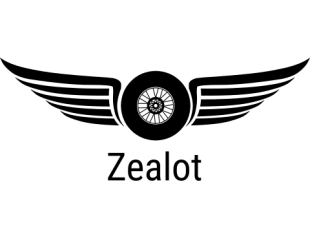I want to supply power to my miniature car-mounted camera from the track, instead of a battery. I have the following circuit in mind:

The four diodes form a full-wave rectifier to make sure I have the right voltage polarity at the camera regardless of which way the train is on the track. The 8.2V Zener diode (Z1) acts as a voltage regulator. And the resistor limits the current through the Zener diode.
The capacitor acts as a storage device to provide temporary power to the camera when going over switch frogs or dirty spots in the track.
I haven't calculated any of the component values yet, but that shouldn't be hard, depending on the current draw of the camera.
My concern (and question for electronics gurus out there) is whether the capacitor will act as a filter and remove the DCC signal superimposed on the DC track voltage? Or will the full-wave rectifier isolate the capacitor's filter action from the track?

The four diodes form a full-wave rectifier to make sure I have the right voltage polarity at the camera regardless of which way the train is on the track. The 8.2V Zener diode (Z1) acts as a voltage regulator. And the resistor limits the current through the Zener diode.
The capacitor acts as a storage device to provide temporary power to the camera when going over switch frogs or dirty spots in the track.
I haven't calculated any of the component values yet, but that shouldn't be hard, depending on the current draw of the camera.
My concern (and question for electronics gurus out there) is whether the capacitor will act as a filter and remove the DCC signal superimposed on the DC track voltage? Or will the full-wave rectifier isolate the capacitor's filter action from the track?

